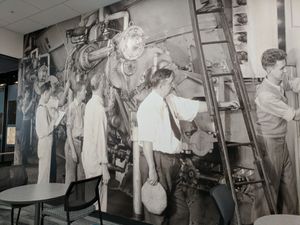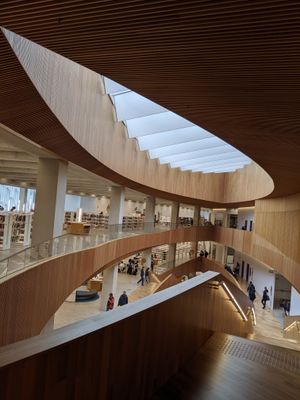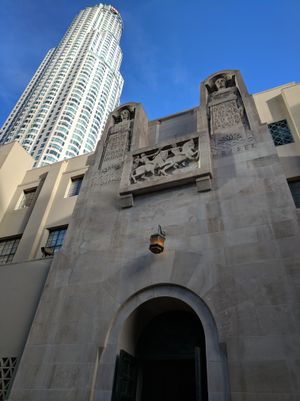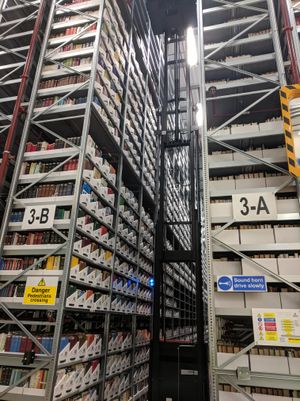
Libraries and library studies
I wrote this piece on libraries and possible educational responses as part of a longer contribution on the informational disciplines and the iSchool. A principal goal was to suggest that libraries present interesting and challenging research and educational questions, which cross disciplines.
14 min read










